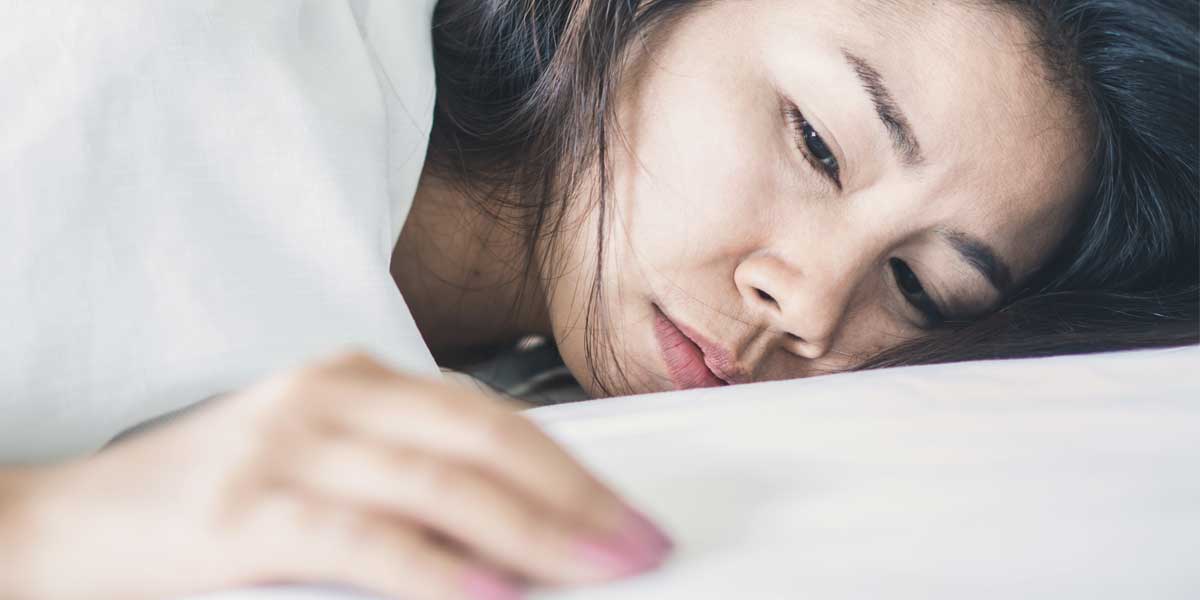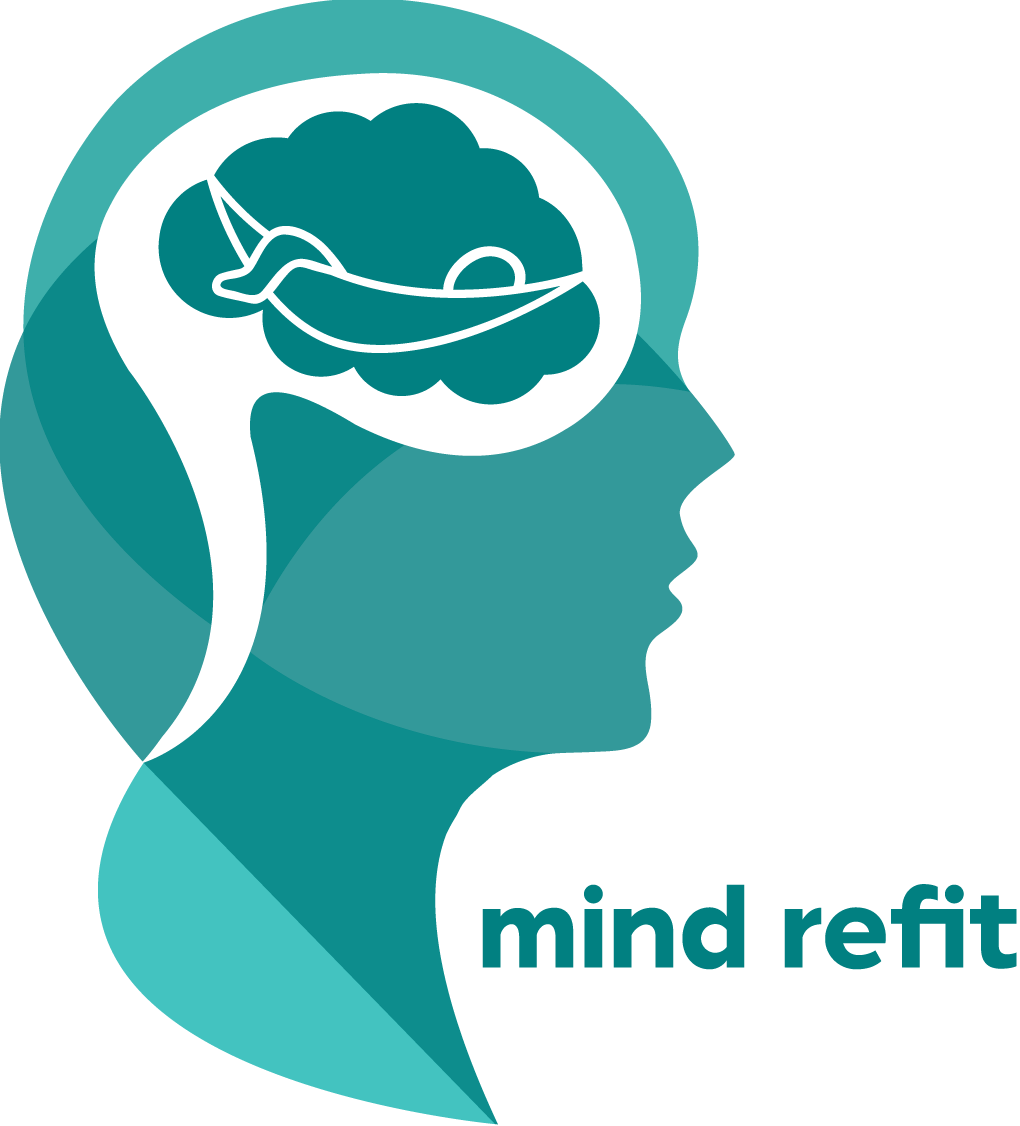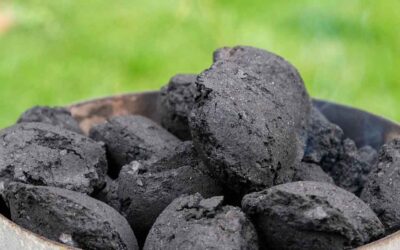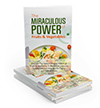
Sleep is very important to longevity. While you’re asleep, your brain and other vital organs are functioning to preserve your mental and physical health, as well as your safety, quality of life, and emotional wellbeing.[1] Thus, the lack of sleep is detrimental to health and can be life-threatening. If you have trouble sleeping, it may be due to a form of sleep disorder. We’ll take a look at ‘Insomnia’, which is the most common type.[2]
What is Insomnia?
Insomnia is a sleep deficiency that occurs when one has difficulty sleeping despite having plenty of opportunities to sleep.[4] Most people with insomnia either don’t get enough sleep (waking up too early) or don’t get good-quality sleep (not feeling rested or refreshed), which can lead them to feel tired, have low energy, and impair their overall mood, concentration, and performance.[3]
Mainly, insomnia is experienced in three settings,[3]
- Onset – when you have difficulty falling asleep or your sleep onset is delayed until the early hours of the morning;
- Maintenance – when you have difficulty staying asleep, which could be due to nightmares, night terrors, pain, illness, or restlessness;
- Late – when you wake up too early and can’t fall back asleep.[6]
If the above is true for you, it may or may not mean you have insomnia since it is often confused with sleep deprivation. Insomnia is quite a complicated sleep disorder with measurable symptoms and triggers. So, check-in with your doctor to confirm if you have it, what type of insomnia you have, as well as what you can do about it.
How does Insomnia Work?
While there is no universally accepted model/mechanism, scientists have made significant progress in understanding its nature (pathophysiology).[4] To understand how insomnia works, the general approach was to examine individuals with the condition, to see if there’s anything odd about their biological makeup, as well as their lifestyle and the relationship it has with the condition. Thus, insomnia can be dissected based on a combination of multiple factors, including biological, physical, psychological, and environmental. Here are a few experimental models[4] to give you an idea:
Spielman Model
This model accounts for 3 factors;
- Genetic factors that put certain individuals at greater risk, i.e., a disorder in the circadian rhythm (sleep/wake) genes, genetic susceptibility to depression, stress, light, or caffeine;
- Circumstantial and environmental triggers, i.e., work and family pressures, depression, anxiety, changes in sleep-wake schedule, medications, and medical conditions;
- Habitual or certain other factors that worsen the condition, which occurs when individuals have delusions about normal sleep requirements.
From the above model, you can draw that individuals with higher susceptibility to insomnia have unique genetic makeup.[5] A failure to understand how their bodies function different from others and take the necessary precautionary measures (avoiding ‘b’ and ‘c’ above) would lead to a long-term chronic insomnia condition.
Hyperarousal Model
This model accounts for 3 factors;
- Abnormalities in metabolism, daytime sleepiness, and personality;
- Increased level of brain arousal – always feeling hyped, which affects the circadian rhythm (the sleep/wake regions of the brain);
- Higher day and night body temperatures and higher levels of urinary cortisol and adrenaline secretion, and adrenocorticotropic hormone (ACTH).
From the above results, insomnia and hyperarousal have a relationship. Therefore, it would be natural for insomnia to be experienced by individuals who respond rapidly to stimuli. Merely consuming caffeine will put any individual in a state of hyperarousal similar to insomnia patients.[5]
Closing Thoughts
Sleep is biologically essential and must occur every night so as not to disrupt our circadian rhythm. If you regularly feel daytime tiredness, make time for more quality sleep or check to see if you have a sleep disorder like insomnia. About 7-8 hours[2] is generally recommended for adults, but several factors may require longer sleep, like overall health, age, and lifestyle.
Do you have insomnia? We have prepared a free guide on How to Combat Insomnia, check it out to learn more. You may find it helpful.
References
- U.S. Department of Health & Human Services (n.d.). Sleep Deprivation and Deficiency. Retrieved January 6, 2020, from National Heart, Lung, and Blood Institute: https://www.nhlbi.nih.gov/health-topics/sleep-deprivation-and-deficiency
- U.S. National Library of Medicine (n.d.). Sleep Disorders. Retrieved January 6, 2020, from MedlinePlus: https://medlineplus.gov/sleepdisorders.html
- National Sleep Foundation (n.d.). What is Insomnia? Retrieved January 6, 2020, from https://www.sleepfoundation.org/insomnia/what-insomnia
- Jessica C. Levenson, Ph.D., Daniel B. Kay, Ph.D., and Daniel J. Buysse, MD (2015). The Pathophysiology of Insomnia (Official Publication of the American College of CHEST Physicians). Retrieved January 6, 2020, from US National Library of Medicine: https://www.ncbi.nlm.nih.gov/pmc/articles/PMC4388122/
- Jasvinder Chawla, MD, MBA; Selim R Benbadis, MD (2018). Insomnia. Retrieved January 6, 2020, from Medscape: https://emedicine.medscape.com/article/1187829-overview#a4
- Mark Thompson (n.d.). Sleep Disorders – Insomnia. Retrieved January 10, 2020, from HowSleepWorks: https://www.howsleepworks.com/disorders_insomnia.html





0 Comments